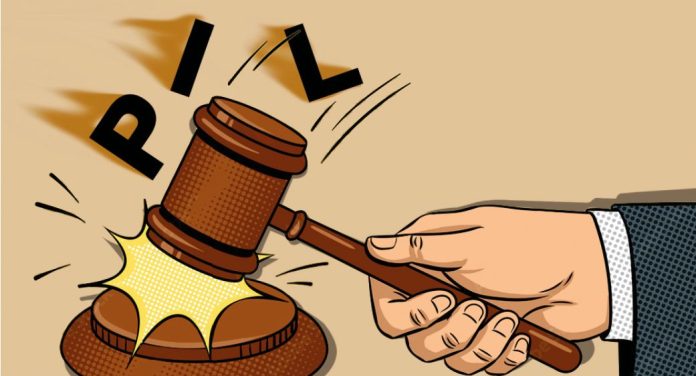Public interest litigation is filed in a court of law to protect public interests like pollution, terrorism, road safety, construction hazards, etc. Any matter related to the society where the interest of the public is affected at a large scale can be addressed by filing Public interest litigation in a court of law. Public interest litigation is not defined in any state or in any act.
Issues raised in Public Interest Litigation
- In matters of bonded labor
- Children that have been neglected by society
- The exploitation of casual workers and non-payment of minimum wages
- Women’s atrocities
- Adulteration of food
- Heritage and cultural preservation
- Disbalance in ecological equilibrium due to environmental pollution
Also Read: What is an Employee Bond Agreement?
Who is eligible to file a PIL in India?
Any legal citizen of India is eligible to file a public case by filing a petition under the following conditions:
1-A citizen can file PIL in Supreme Court under Article 32 of the constitution of India
2-One can file Public Interest Litigation in High Court under Article 226
3- A citizen can file a PIL in the court of Magistrate under section 133 of Crpc.
What are the conditions of filing a PIL?
– A PIL can be addressed by any aggrieved person, a social activist, or an organization for the enforcement of constitutional rights of a person who can’t approach the court.
-A PIL can be filed against State or central government, local bodies, municipal authorities, or any private authorities.
Also Read: How to deal with cybercrime in India?
PIL Significance- To Raise the voice of common people
-Common people get access to courts
-A key player in social change, and bridges the gap between law and justice
-It is a tool to make human rights reach those who have been denied rights
-It democratizes access to justice for all. Any citizen or company who is capable can file petitions on behalf of those who not have the means to do so.
Limitations of PIL
- In many conditions filing PIL may give rise to the problem wherein addressing one problem, concern rises with others. For example- If a court order to shuts down an industry causing pollution, the life, family of low-wage workers, and employees associated with the industry get affected.
- The list of PILs raising the concerns of exploited groups of society has been pending for many years.
Also Read: How to get assistance for financial hardship legal issues?
What is required to draft a PIL?
Any Indian citizen who wants to draft a PIL needs to follow the steps given below:
1- Collect all information related to the issue
2-Collect all documents like photographs, id proof, etc.
3-Decide the name of the court- Supreme Court, High Court, or local court
4-PIL can be filed either by filling a form or through a letter or postcard. PIL filed in Supreme Court is addressed to CJI of India, and PIL filed in High Court is addressed to the Chief justice of that High Court.
5- PIL Norms
6–To get a successful approval of your PIL, you need to check guidelines applicable to a specific court. The easiest way to check these guidelines is by visiting the websites of the respective courts.
7- Important Details-
-Name, address, email id, and contact number of the petitioner with occupation and income details.
-ID proof
-Major facts of the case
-Any personal interest if the petitioner has
-Class of people for whom the PIL is being filed with the clear statement how they can’t get into court
Also Read: What is the importance of contracts in Business Law?
To Sum up
In democratic countries like India, Public Interest works as an important tool of the judiciary to take care of the rights of those who are incapable to access court by themselves. Courts are trying to make PIL rules simple so that people with the intention to raise the voices of the poor get an upper hand.


